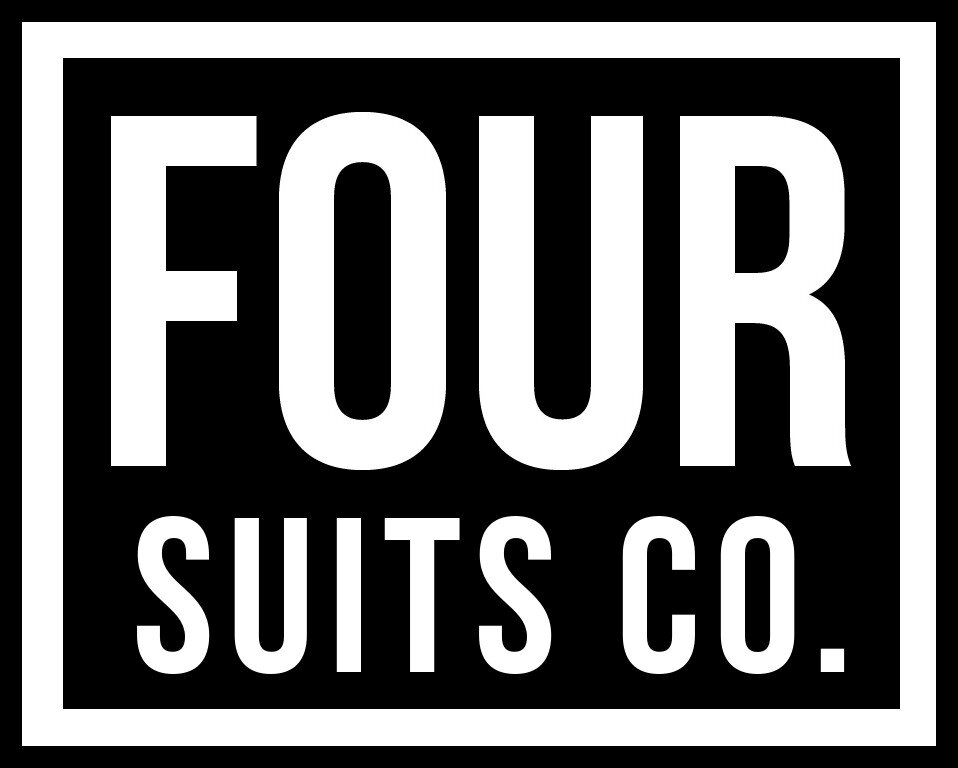For those who didn’t see: last week we released Down Memory Lane, a PDF of mentalism focused on finding presentations that strengthen (or better conceal) the methods while “explaining” the effect in more entertaining ways. In keeping with that idea, here is a fun, quick mentalism routine (if you can call it that) perfect for those who want to start dabbling in mentalism for casual settings.
Osmosis + Reverse Osmosis
Presentation
When you were in school did you have any friends who studied by osmosis? You know, where you sleep with the book under your pillow and hope the knowledge just sort of seeps into your brain? Well I did, and it always struck me as absolutely bonkers. I mean, how did they think it was gonna work without water?!
Everyone knows that in chemistry osmosis refers to water passing across a barrier, so how did they think that information was gonna get across if they didn’t dissolve it in some water?* Here, let me show you what I mean. Write a word down on this piece of paper, then fold it in half each way so I can’t see it. If I just hold it against my head like this obviously the information won’t transfer across. Like I said, you have to dissolve it in water! Help me tear it up into little pieces so it will dissolve faster. [Performer begins tearing up the paper and handing scraps to the participant to tear into even smaller pieces.] Tear all this up into tiny pieces while I go get a glass of water.
[Performer leaves and returns a moment later with a glass of water.]
Put all the bits of paper in and stir them up so they really start to break up. Perfect. Now the word has bonded to the water, so when I drink the water my brain will absorb the word just like my body absorbs the water. [Takes a sip.] Oh yeah, it started with a [first letter of word]. Let’s see. [Takes another, slightly longer sip.] Ok, looks like we are dealing with [number] letters. [Takes one final sip then starts to try and sound the word out, finally getting it after a moment.] See? How did you think I got through college?!
The best part is that, since it’s a fundamental physical property, it works for everyone. Sure, it takes practice to get really good, but anyone can do it. Here, why don’t you try? [Get them a fresh glass of water.]
I’ll write a short word, just three letters, on this paper. Now help me tear it up and dissolve it in the water again. And so you know I don’t lying to make you look good I’ll write it again on this paper, as proof.
Now take a sip. Let your mind open and see what letter pops in. Did you get one? What was it? [They say a letter.] Exactly! Take another sip and see if you can get the second letter. Like I said, it’s a pretty simple word. [They take a second sip.] What about now? Did you get another one? [They say yes and say the letter.] Dead on! Ok, see if you can get the whole word. One more sip, maybe a little bigger one this time. [They take a final sip, then say a last letter and/or the whole word.] Bingo! Isn’t that wild? I can’t believe people don’t use this more often. They should really teach it in schools; it would have saved me sooooo much time as a kid trying to learn spelling.
[If they insist on see the proof paper then show them, otherwise casually leave it on the table where they can find and check it later if they want to.]
Method
The methods here are pretty straight forward: Center tear for the first word and thumb writer for the second. What makes these fun though is that the story is about something we’ve all encountered (studying by osmosis) and is based on something real (the physical phenomenon of osmosis). This means it walks much closer to believable territory then most “mind reading”, while still creating two moments of impossibility.
If you want to move further away from the “magician shows cool skills” presentation (which this still sort of falls under), I would recommend getting a few miracle berries that change how you taste things. Say that your friend told you they have a weird side effect that allowes you to taste letters and you want to see if it’s true. This allows you to a) be just as incredulous as the participant, b) explains why it can’t be done all the time, c) let's you just have fun with the miracle berries, which are a blast.
I hope you enjoy this idea and check out Down Memory Lane for more entertainingly-presented mentalism!
-- Z.Y.
*For the record: I am not a chemist and have no idea what the official definition of osmosis is. No one has ever called me out when I say this, so I’m assuming I’m pretty close, but you might want to look it up before performing for your Chemistry PHD friends.
